As a consumer, having someone fight in your corner is a refreshing thought, especially with the uncertain economics. The American Consumer Financial Protection Bureau is stepping in and retailers might not like it.
Why Buy Now and Pay Later?
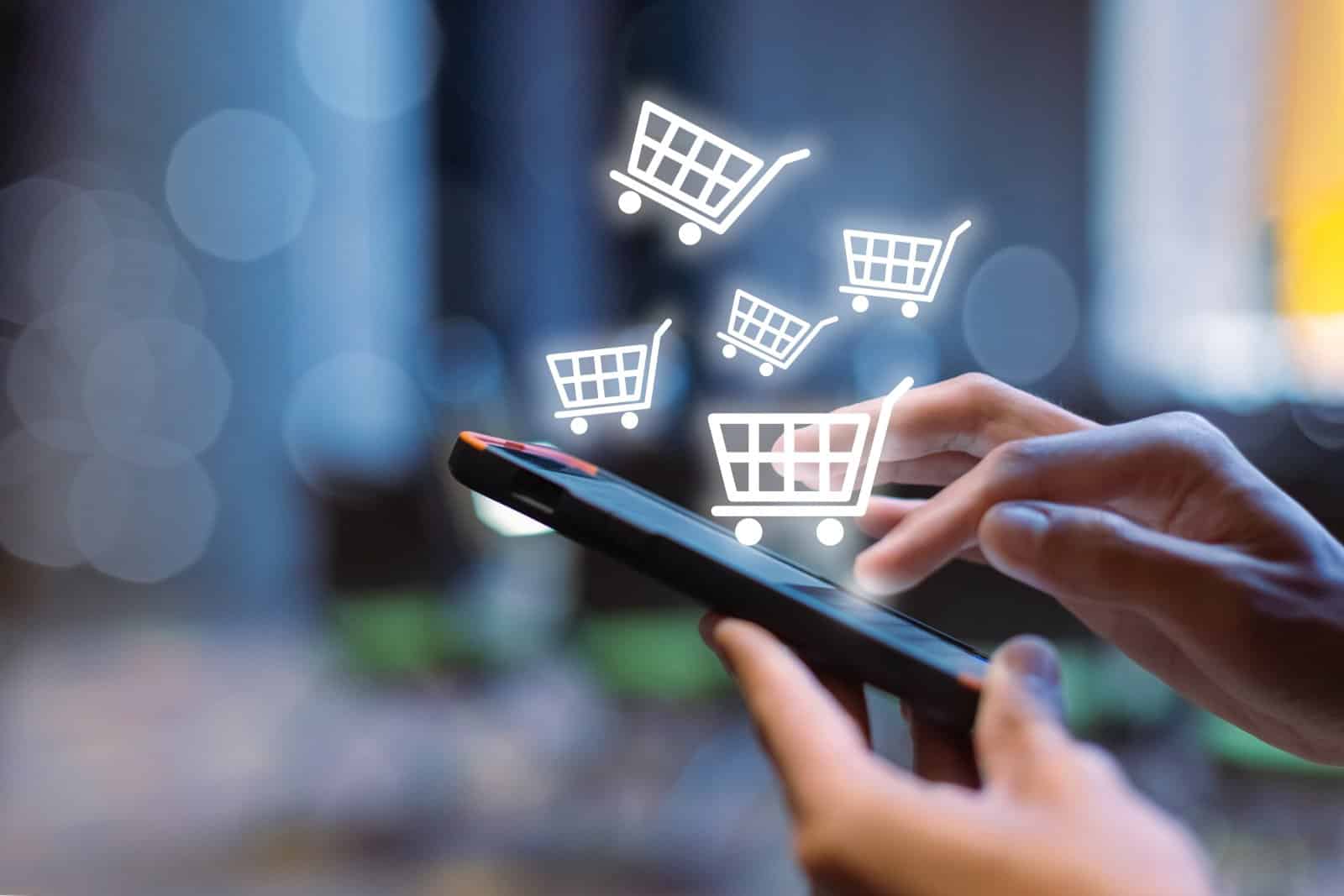
Buy now pay later (BNPL) is one of many ways consumers are doing their online shopping. It allows a bit of credit over a short period, like three or four months.
No Interest

Customers often favor the BNPL approach because, unlike other credit options, no interest is charged. This allows the customer to pay the price they see for the item.
Works for Bad Credit…Sometimes

Consumers with bad credit might be able to purchase via the buy now pay later option, provided they maintain monthly installments on the item. Some retailers do a “soft” credit check, while others do a complete credit check before approving their purchase.
It Does Affect Credit Score

All credit options have some effect on consumer credit scores, and BNPL is no different.
Spending via Credit Can Get Out of Hand

According to Debt.org, American consumers have managed to increase their debt post-pandemic from $927 billion to $986 billion. If credit isn’t managed carefully, it can spiral out of control.
BNPL Rapidly Expands

According to the CFPB, it “…has launched an inquiry into the rapidly expanding buy now pay later market…”
It’s a Booming Industry

It’s no secret that the BNPL industry has boomed over the last few years. More and more American consumers are favoring the short-term credit option while having their goods beforehand.
Convenience Outweighing Risks?

For consumers, being able to buy an expensive item and receiving the item before the payment is completed is convenient. The payment terms don’t tie the customer down for a long period, like a year or more.
Protecting the Consumer

The Consumer Financial Protection Bureau aka CFPB has done a two-year study to navigate the waters of BNPL and its consumers.
The Findings of the Study
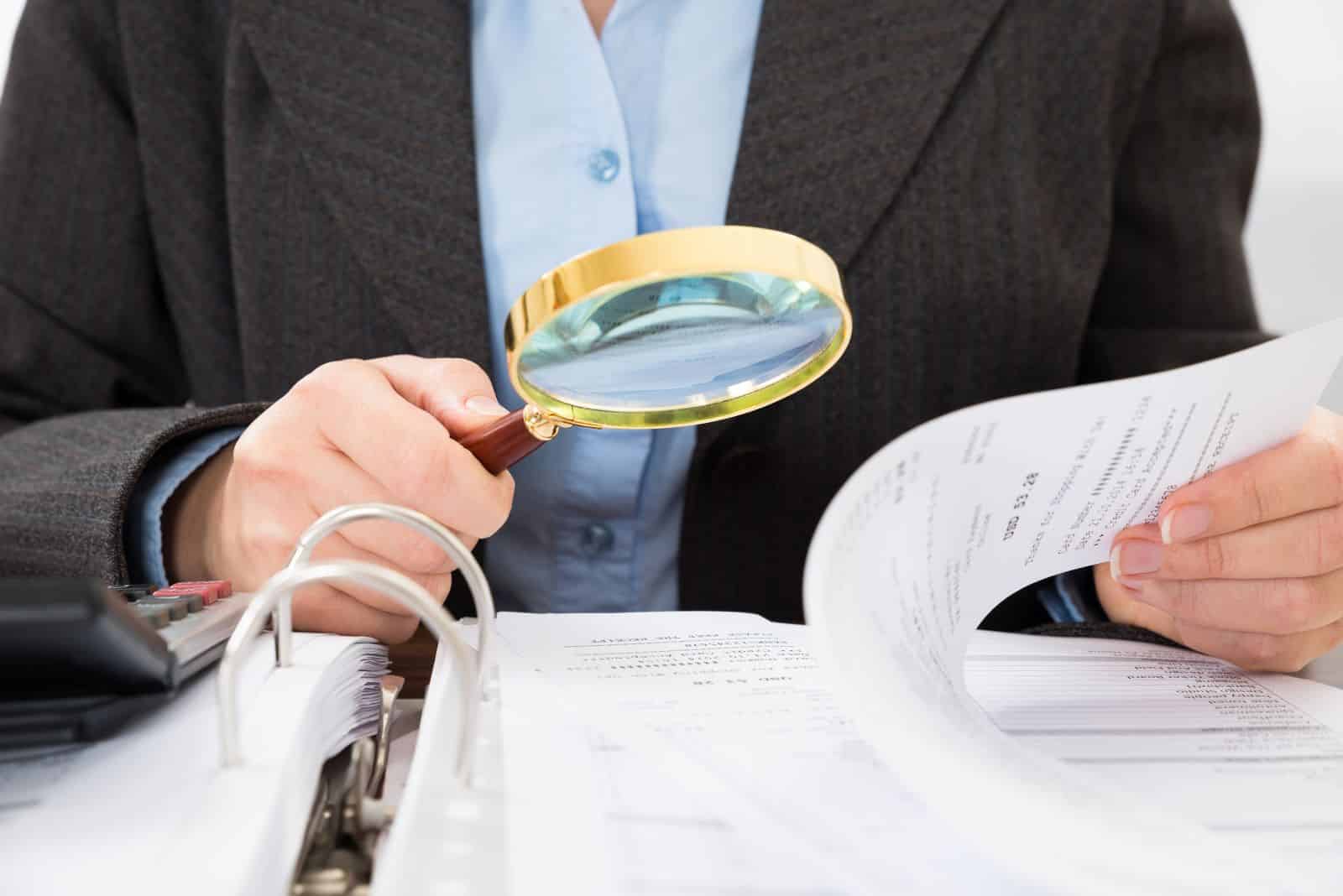
According to the CFPB, most customer complaints involved refunds and disputed transactions. The CFPB also mentioned that the action it’s taking, with the rules it’s implementing, will improve consistency and customer service.
It Seems Convenient

During the study, the Consumer Financial Protection Bureau saw the buy now pay later option working similarly to a credit card. Except, the BNPL charges interest to the retailers selling these items to the consumer.
Studying Five Companies

The five companies the CFPB studied included PayPal, Afterpay, Klarna, Zip and Affirm.
It’s Not Aways Convenient

Rohit Chopra, the Director of CFPB said that the process is similar to the “layaway plan” except faster. “The customer gets the product immediately but gets the debt immediately too…”
Concerns for the Consumer

According to the CFPB, some major concerns include “accumulating debt” as the customer is able to buy more items under the buy now, pay later option. Consumers can purchase with multiple companies and at varying schedules.
“Regulatory Arbitrage”

The CFPB also expressed that there are different rules to follow depending on the fees and policies that apply. Sometimes BNPL companies don’t highlight all the regulations and disclosures when the consumer checks out.
Not Always a Solution for Disputes

Unlike credit card purchases and other forms of loan debt, the BNPL may not offer solutions regarding disputes.
“Data Harvesting”

There are many ways BNPL retailers harvest their consumer data and sometimes the data is used to push other sales.
Protection Underway

The American Consumer Financial Protection Bureau has set about creating additional rules that will now further protect customers purchasing under the buy now pay later option.
Some Findings

Some findings reported by the CFPB included 13% of buy now pay later transactions are disputed. The bureau confirmed that in 2021 after looking into five BNPL companies, the cost of these disputes amount to $1.8 billion.
Uncertainties Amongst Consumers

“When consumers check out and choose buy now pay later, they don’t know if they will get their refund if they return the product or whether the lender will help them if they didn’t get what was promised,” Chopra said.
BNPL Companies to Meet Criteria

According to the CFPB, lenders must investigate disputes, cater for refunds, cancellations and returns, and provide billing statements to consumers.
23 Steep Taxes Adding to California Residents’ Burden
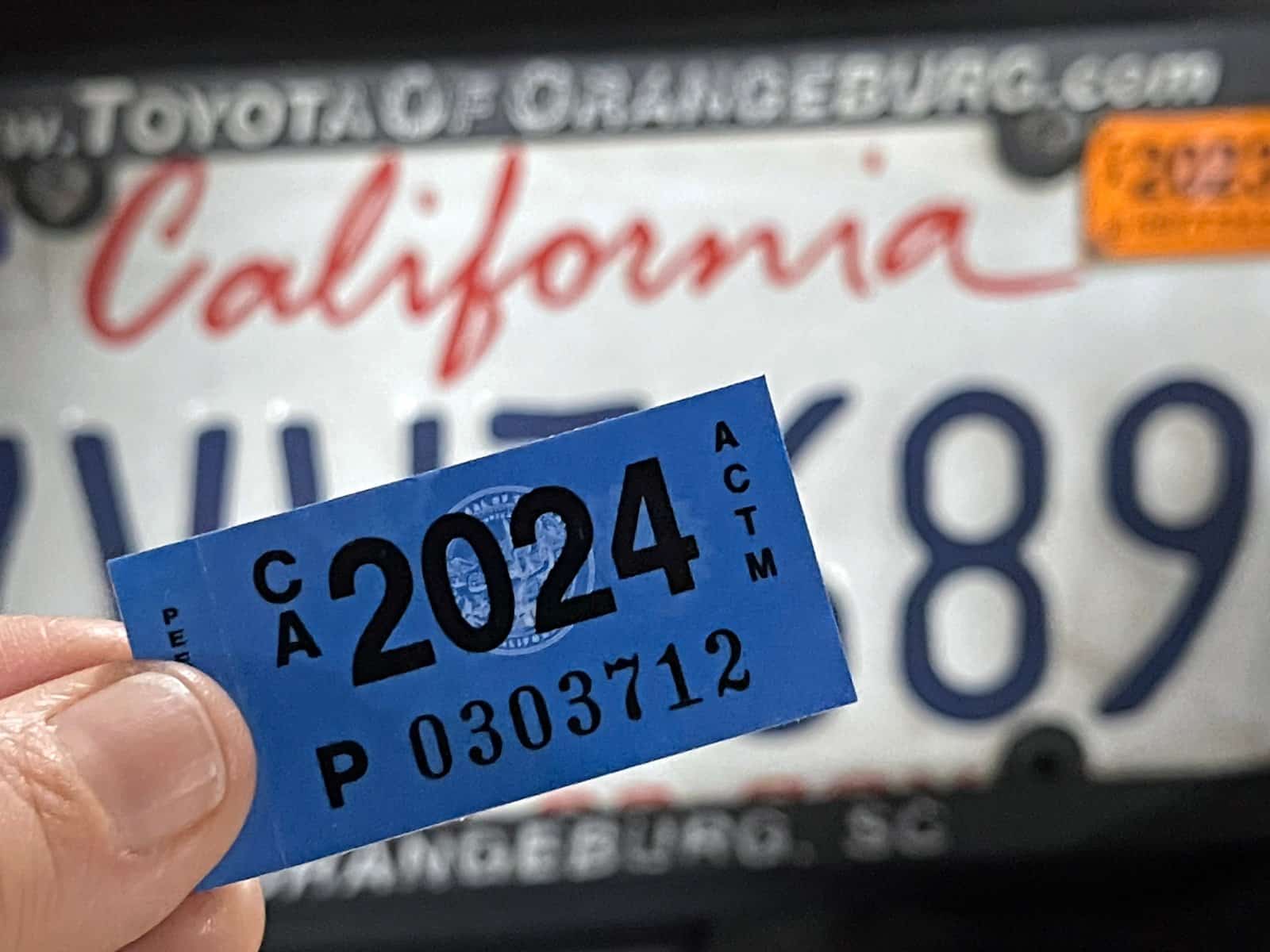
California: a place of sunshine, innovation, and, unfortunately, some of the nation’s highest taxes. From LA’s beaches to Silicon Valley’s tech hubs, residents grapple with a maze of state taxes. Here’s a glance at 23 taxes that might surprise both Californians and outsiders. 23 Steep Taxes Adding to California Residents’ Burden
Cash in on Nostalgia: 21 Toys Now Worth a Fortune
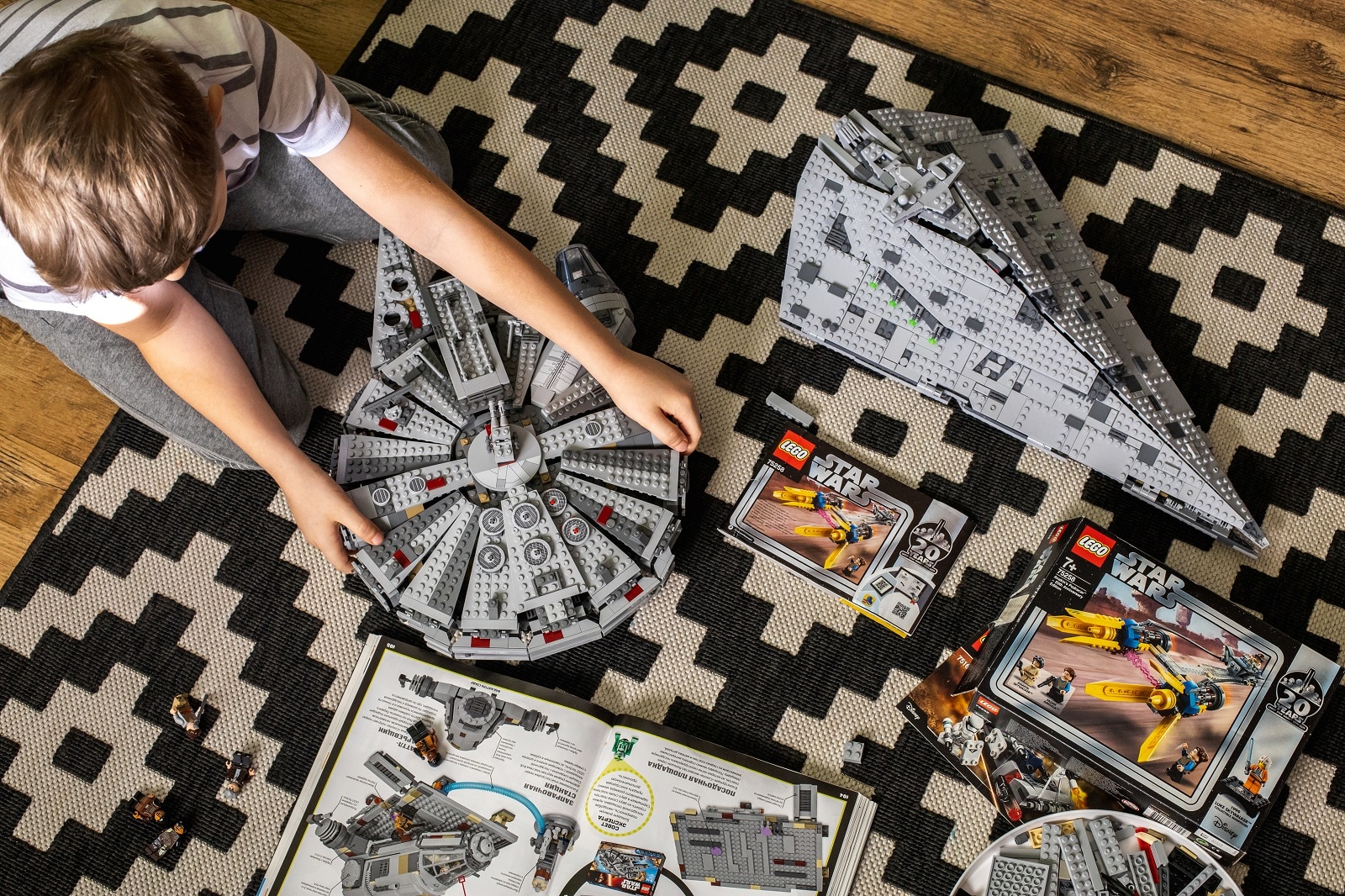
Time to dust off the boxes and find that once-cherished toy from your childhood. For collectors and enthusiasts, these items have become valued objects, and they can be worth big bucks – are there any of these in your attic? Cash in on Nostalgia: 21 Toys Now Worth a Fortune
Millennials Don’t Buy These 19 Products Anymore
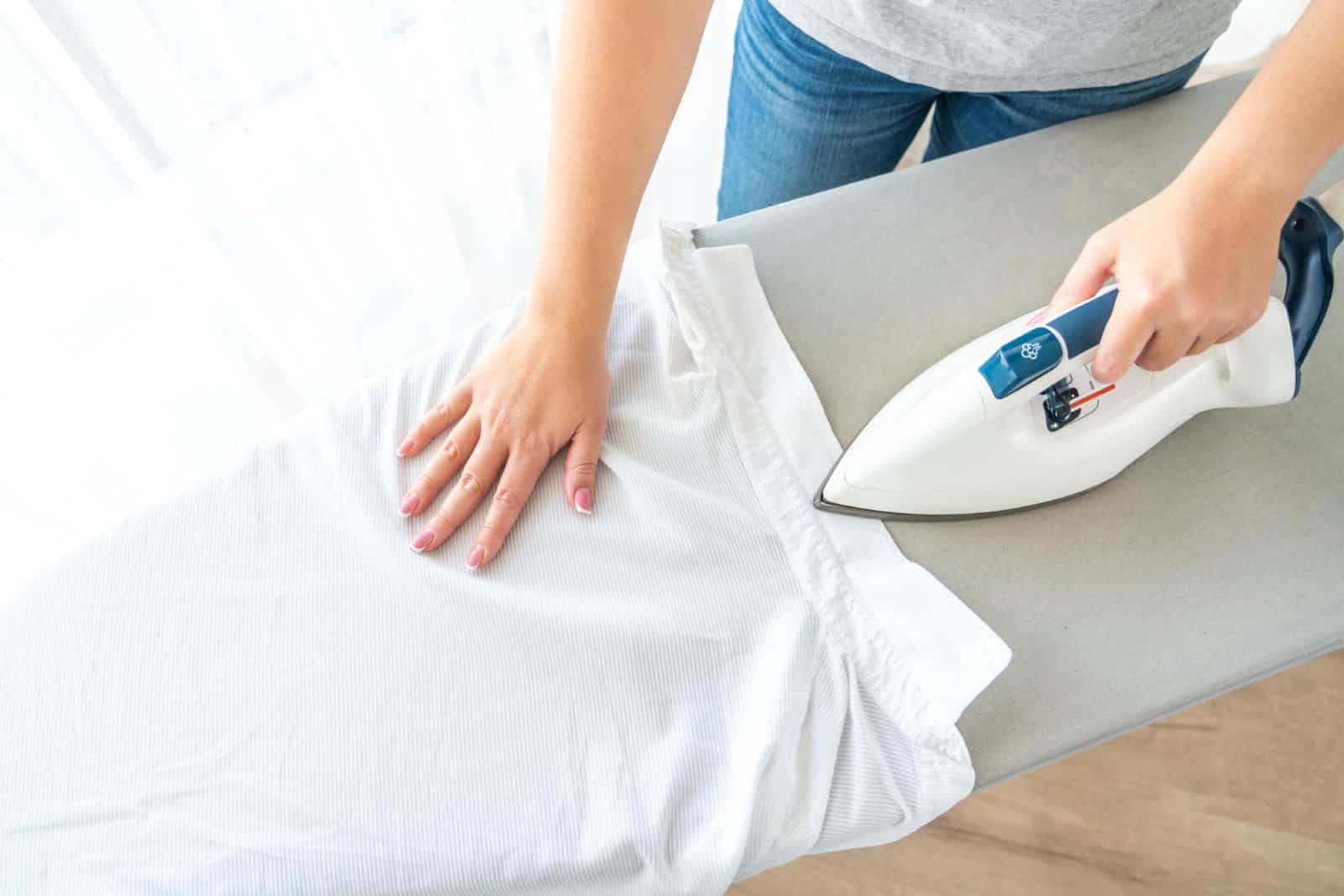
Millennials are changing consumer habits, quietly replacing once-staple products and traditions. Often criticized for their disruptive preferences, this generation is reshaping the marketplace with digital expertise, ethical buying, and a taste for the unconventional. Millennials Don’t Buy These 19 Products Anymore
Featured Image Credit: Shutterstock / EQRoy.
The content of this article is for informational purposes only and does not constitute or replace professional financial advice.
